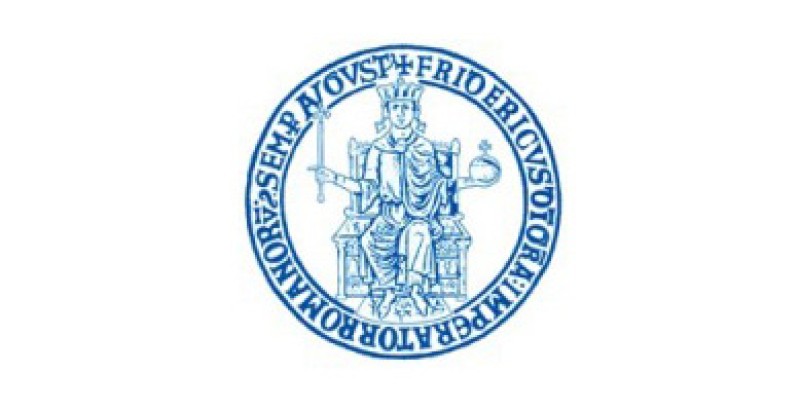PDW 05: Language, Visuals, Materiality, and Beyond: Multimodal Research in Organization and Management Studies
Call for Applications
Facilitators:
Eva Boxenbaum, MINES ParisTech, France & Copenhagen Business School,
Denmark
Lærke Højgaard Christiansen, Copenhagen Business School, Denmark
Thibault, Daudigeos, Grenoble Ecole de
Management, France
Candace Jones, University of Edinburgh, UK, & Boston College, USA
Renate Meyer, WU Vienna,
Austria & Copenhagen Business School, Denmark
Paolo Quattrone, University of Edinburgh, UK
Theo van Leeuwen,
University of Southern Denmark & University of Technology Sydney, Australia
Purpose
This workshop
aims at furthering the professional development of scholars sharing an interest in the roles and affordances of discourse,
communication, and rhetoric that goes beyond the primarily verbal realm – in other words, of those who are curious about and
keen on delving into multimodality in organizational practices and processes (e.g., Kress & van Leeuwen, 2001).
Such a research agenda has gained considerable momentum in organization and management studies over the last decade (e.g.,
special issues in Accounting, Auditing & Accountability Journal, 2009; Qualitative Research Methods in Organizations and
Management, 2012; Organization Studies, forthcoming). In particular, scholars have pointed out that visual (e.g., Quattrone
et al., 2012; Bell & Davison, 2013; Höllerer et al., 2013; Meyer et al., 2013) and material (e.g., Jones et al., 2012;
Stigliani & Ravasi, 2012; Jones et al., 2013) modes of reality construction pervade organizations and institutions, and
have revealed how studying these could open up opportunities for novel theoretical, empirical, and methodological insights.
Since attention to multimodality permits to complement and extend research focusing on merely language (see, for instance,
Meyer et al., 2013), the potential contribution of multimodal organization and management research is substantial. It could
provide a richer understanding of meaning- and sense-making, unravel traces of shared knowledge and culture, examine ways
in which objects and tools are employed and manipulated in organizational practices, and capture how audiences’ emotions and
behaviors are triggered in institutionalizing innovation. It could also offer useful new ways to engage with the field, as
well as to present and document research findings. However, multimodal research also presents a number of unique challenges
for scholars (e.g., publication formats, copyright issues, ethical considerations) and demands rather particular research
skills (e.g., a multimodal ‘literacy’ as the ability to ‘read’ various modes and to understand their specific forms of reality
construction) and new methods of data coding and analysis (e.g., Jancsary et al., 2015), among others.
This PDW
offers an excellent opportunity for scholars who work within and under the emerging (but necessarily broad) tenet of multimodal
organization and management research to share their experiences, engage in discussions, present their ongoing work, and develop
their ideas through extensive feedback from leading scholars in the field. The objective is not only to exchange practices
and knowledge, but also to push forward the theoretical, empirical, and/or methodological frontiers in multimodal approaches
to organization and management, and to develop the skills needed to expand it.
The PDW includes panel presentations,
roundtable sessions where scholars present their work and receive feedback, as well as plenary discussions. We invite original
work, both empirical and conceptual; different theoretical perspectives and methodological approaches are welcome.
Application
The workshop mainly targets early career researchers and doctoral students, but is also open
to more experienced scholars new to this field of study. So everyone interested in this workshop is invited to apply; however,
priority will be given to scholars in earlier stages of their careers.
Please submit – via the EGOS website! –
a single document of application (.doc, .docx or .pdf file) that includes
- On the cover page, a short letter of application containing full details of name, contact (i.e., postal address, phone, and email), affiliation, date of PhD completion (if applicable, stage in the doctoral studies otherwise), a statement of why the applicant considers it valuable to attend the PDW, and an indication of what journal(s) the paper is likely to be submitted to.
- A full
paper that you wish to further develop to a publishable stage and that you will bring to the PDW.
References
- Bell, E., & Davison, J. (2013): "Visual Management Studies: Empirical and Theoretical Approaches." International Journal of Management Reviews, 15 (2), 167–184.
- Höllerer, M.A., Jancsary, D., Meyer, R.E., & Vettori, O. (2013): "Imageries of Corporate Social Responsibility: Visual Recontextualization and Field-Level Meaning." Research in the Sociology of Organizations, 39/B: 139–174.
- Jancsary, D., Höllerer, M.A., & Meyer, R.E. (2015): "Critical Analysis of Visual and Multimodal Texts." In: R. Wodak & M. (eds.): Critical Analysis of Visual and Multimodal Texts. Los Angeles: SAGE Publications, 180–204.
- Jones, C., Boxenbaum, E., & Anthony, C. (2013): "The Immateriality of Material Practices in Institutional Logics." Research in the Sociology of Organizations, 39A, 51–75.
- Jones, C., Maoret, M., Massa, F., & Svejenova, S. (2012): "Rebels with a Cause: Formation, Contestation, and Expansion of the De Novo Category 'Modern Architecture', 1870–1975." Organization Science, 23 (6): 1523–1545.
- Kress, G., & van Leeuwen, T. (2001): Multimodal Discourse: The Modes and Media of Contemporary Communication. London: Arnold.
- Meyer, R.E., Höllerer, M.A., Jancsary, D., & van Leeuwen, T. (2013): "The Visual Dimension in Organizing, Organization, and Organization Research: Core Ideas, Current Developments, and Promising Avenues." The Academy of Management Annals, 7, 489–555.
- Quattrone, P., Puyou, F.R., McLean, C., & Thrift, N. (2012): "Imagining Organizations: An Introduction." In: F.-R. Puyou, P. Quattrone, C. McLean & N. Thrift (eds.): Imagining Oorganizations: Performative Imagery in Business and Beyond. New York: Routledge, 1–15.
- Stigliani, I., & Ravasi, D. (2012): "Organizing Thoughts and Connecting Brains: Material Practices
and the Transition from Individual to Group-Level Prospective Sensemaking." Academy of Management Journal, 55 (5),
1232–1259.


